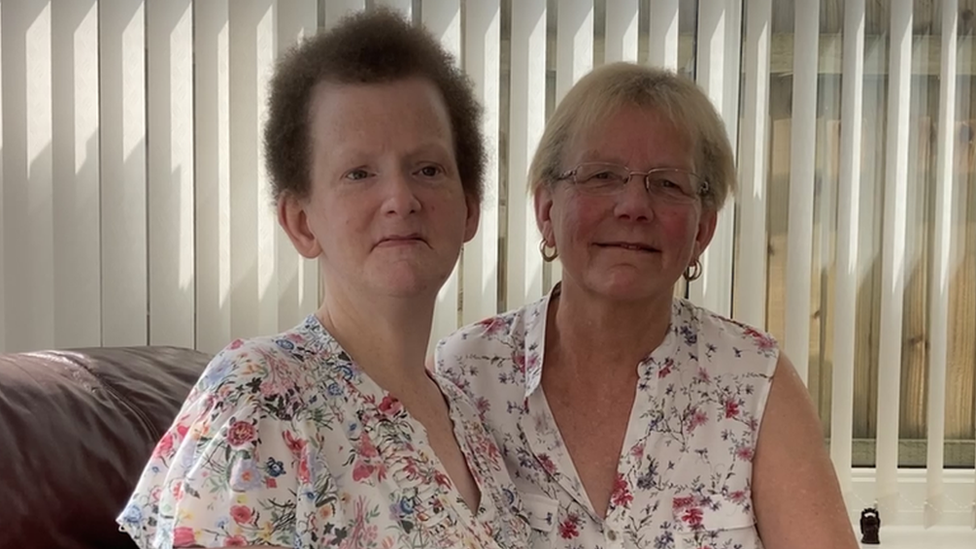Carer shortage frustrates Stourbridge mum of disabled adult
- Published
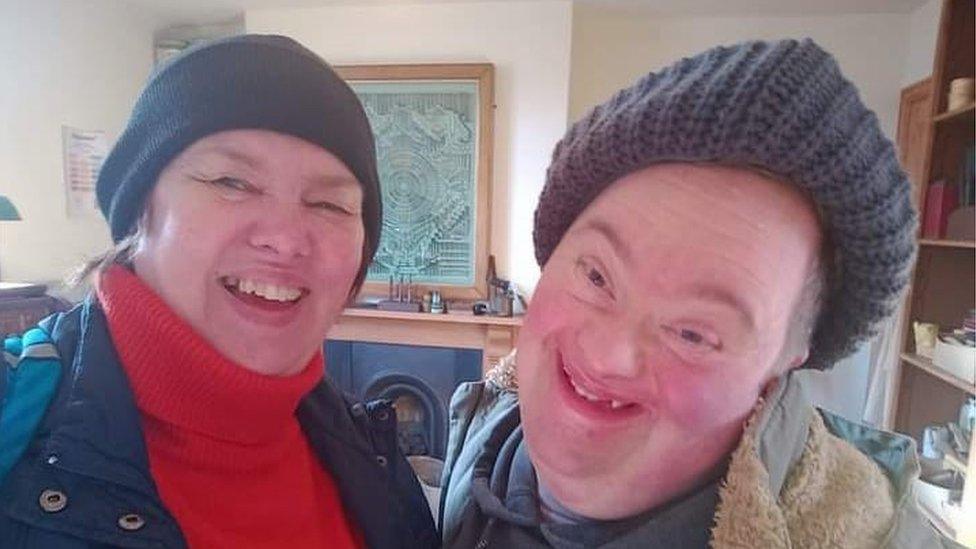
Helen Ashby helps care for her son David, born with Down's syndrome and autism
Helen Ashby's search for experienced carers for her son is leaving her frustrated and tearful.
David Sheriff is 34 years old and has Down's syndrome and autism.
For the past seven years he's been able to live independently in Stourbridge with the support of a seven-member team of personal care assistants.
The family, receiving direct government payments, oversees recruitment, and there are now two vacancies. But experience - and interest - are scarce.
Ms Ashby is one of David's paid carers but the shortage means she has to cover other shifts if his round-the-clock needs are to be met.
"Seven years ago, I'd have 30 to 40 applicants if I put a job advert out," she said.
"[But even] pre-Covid, people were realising carers were not paid enough, they're overworked and underappreciated, and the government treated care workers so appallingly and focused on the NHS that we lost a lot of good [ones]."
The government says a funding increase to support adult social care is the biggest in history.

Helen Ashby is urging the government to ensure carers are paid more than the minimum wage so her son and others like him may have their needs met
Ms Ashby's experience is not unique. There is a national shortage of carers, a critical situation which has worsened since the Covid pandemic.
Figures from the 2021 census, analysed by the BBC, show a significant increase in the number of people in the West Midlands providing long periods of unpaid care.
The data shows an 8% rise in the amount of people providing more than 50 hours of weekly care to about 160,000 recipients. Those providing between 20 and 49 hours a week have risen by 31%.
Last month, the BBC was contacted by "Sean", who we have agreed not to identify due to his vulnerability.
He told us he'd been without care visits for three weeks after he reported an allegation of assault to the police, claiming a care agency worker slapped him across his face.
"[The worker] just couldn't really understand me, I was getting more and more frustrated and angry," he said. "I just asked them 'please leave' and they wouldn't leave.
"My medication I was taking was out of date and they were still giving it to me. I felt very very powerless and vulnerable."
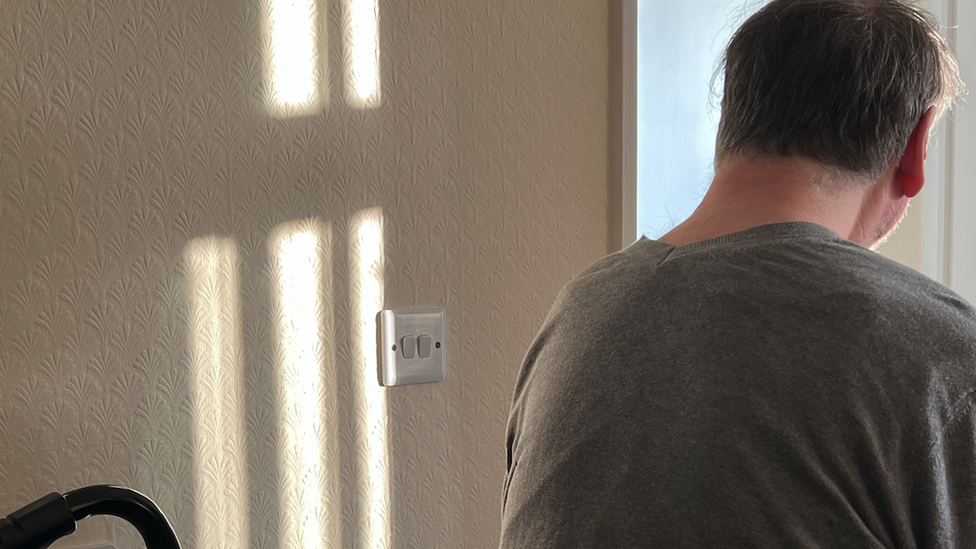
A man the BBC is calling Sean said he had been without care visits for three weeks
Sean later had a fall at home when alone and was treated by paramedics. A report seen by the BBC showed he had signs of a high heart rate and hyperthermia.
West Midlands Police told us it had looked into the allegations but felt there was insufficient evidence to proceed.
The force said officers "continue to support vulnerable members of our community and would encourage anyone to come forward if they suspect that family members are being ill treated".
New care arrangements have since been secured for Sean by his local authority.
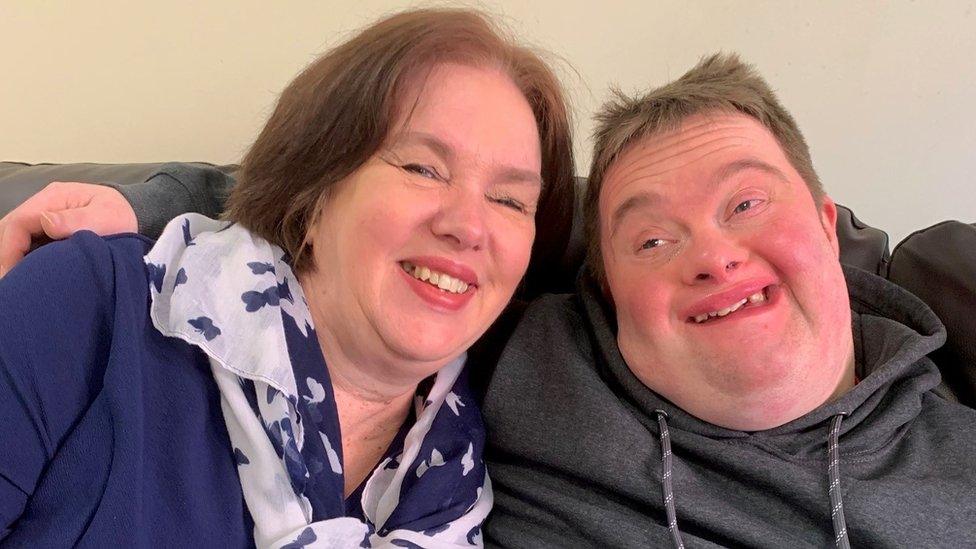
Helen Ashby is one of her son David's paid carers, but is pulling multiple shifts to cover vacancies in his round-the-clock team
Relatives of disabled adults requiring complex care are calling for more funding in the sector to alleviate some of the pressures.
In Stourbridge, Ms Ashby is urging the government to ensure carers are incentivised, and paid more than the minimum wage.
"Make social care attractive again… explain the rewards that people get, the difference you can make to lives," she said. "At the moment, it's seen as 'anyone can do care' and a job that is the 'lowest of the low'."
But the unqualified or unsuited were no answer to shortages, she added. "I wouldn't have them look after my goldfish, so they are not going to be trusted with my son."
A Department of Health and Social Care spokesperson said: "We have prioritised social care in the Autumn Statement, making up to £7.5bn over the next two years available to support adult social care and discharge - the biggest funding increase in history - which will allow more people to access high-quality care and help address challenges including waiting lists, low fee rates, and workforce pressures.
"We're promoting careers in care by launching our annual domestic recruitment campaign and investing £15m to increase international recruitment of carers."

Follow BBC West Midlands on Facebook, external, Twitter, external and Instagram, external. Send your story ideas to: newsonline.westmidlands@bbc.co.uk, external
Related topics
- Published18 January 2023
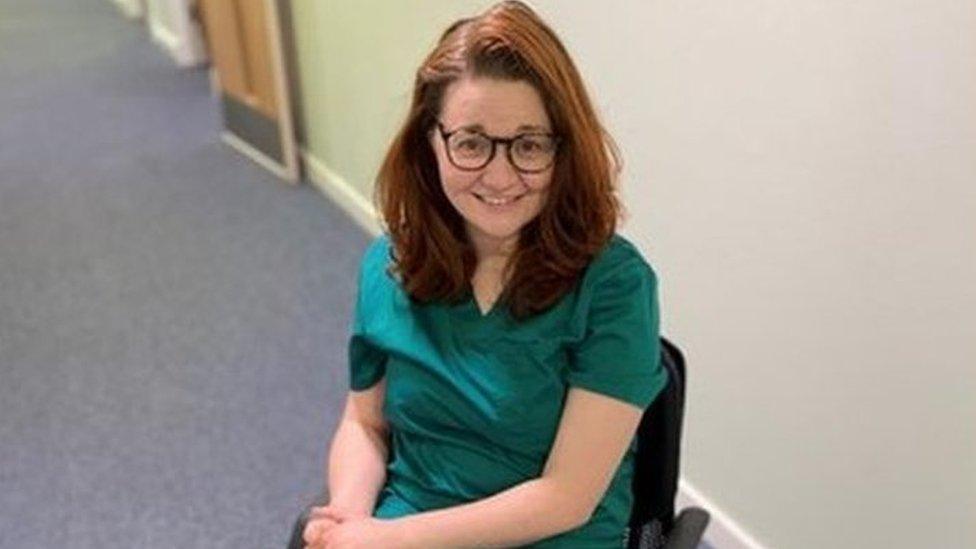
- Published2 September 2022
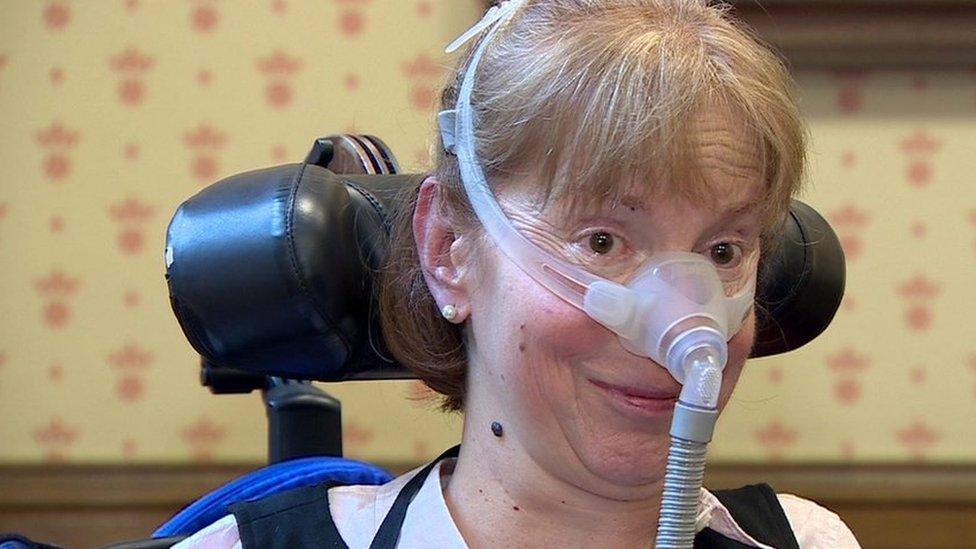
- Published15 September 2021
